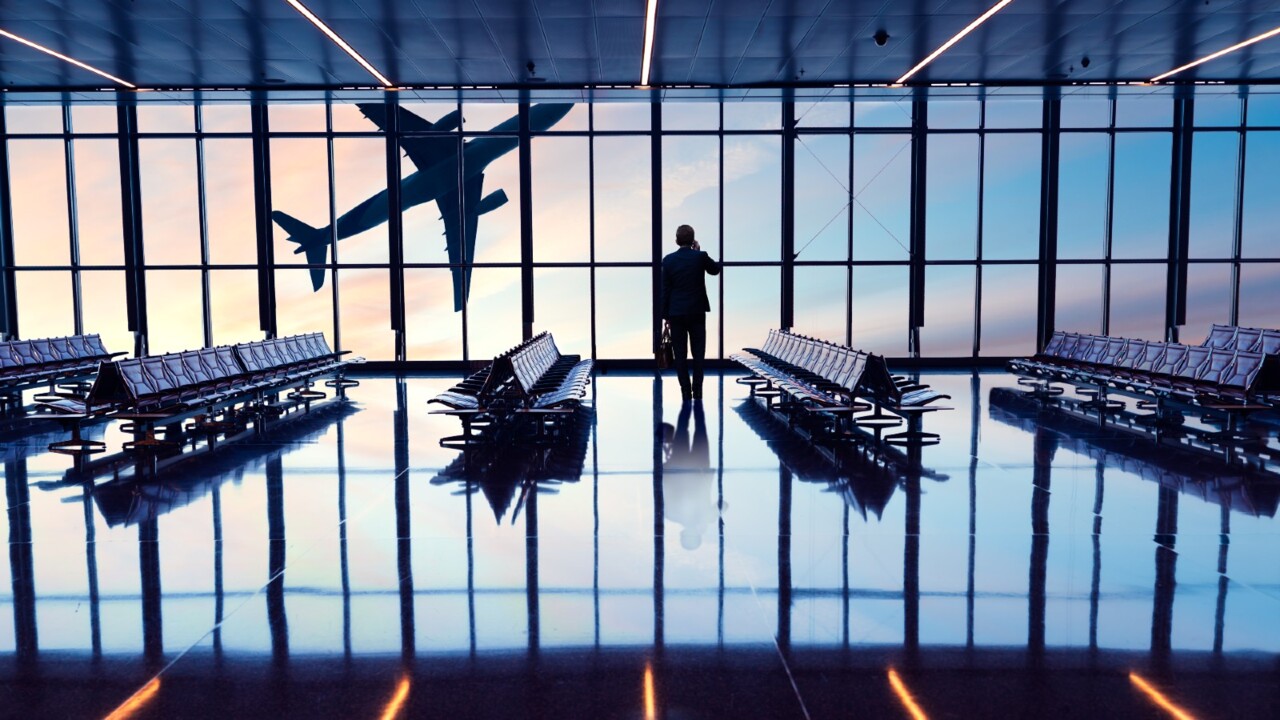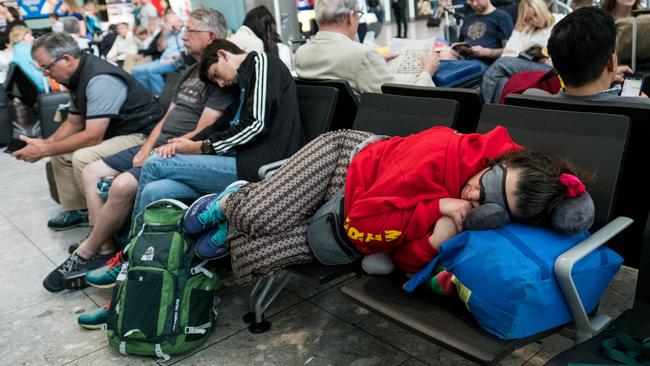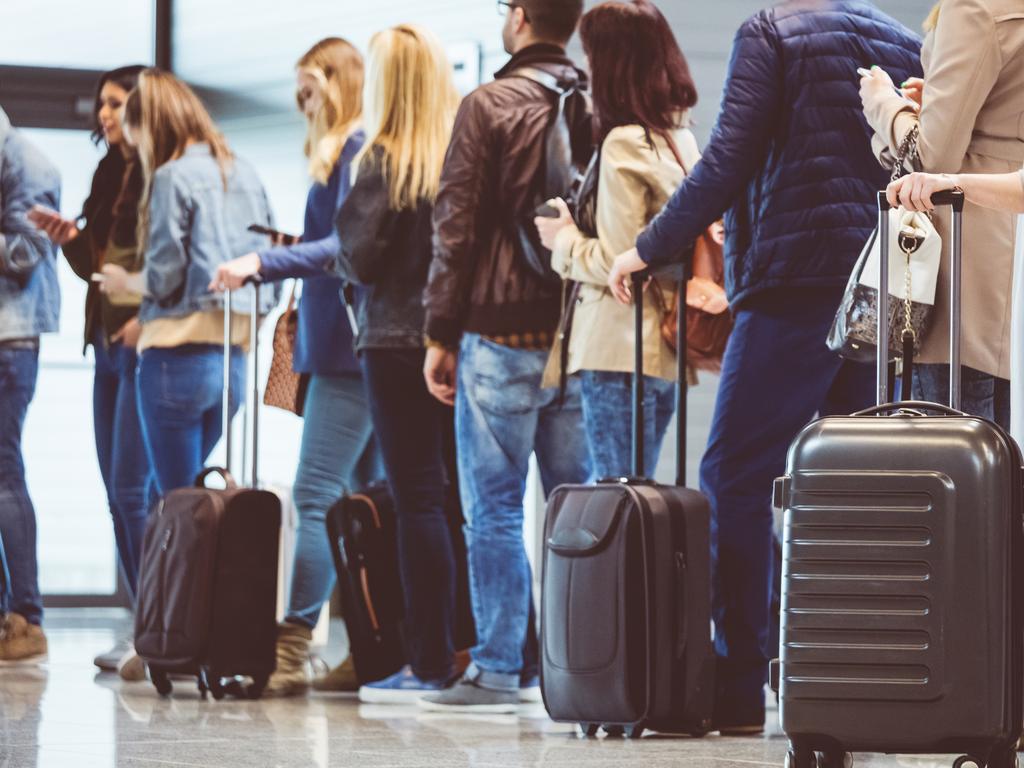Airline passengers to pay for new complaints handling scheme, say airports
A new complaints handling process for airline passengers will come at an additional cost to travellers, the airports association says.

Travellers face being stung twice for a new aviation industry ombudsman scheme with airports as well as airlines set to target passengers to recover the cost of setting up the complaints handling process.
An industry ombudsman was the central plank of the federal government’s aviation white paper released in August to tackle issues such as refunds or compensation for travellers in the event of flight delays and cancellations, and lost or damaged bags.
Transport Minister Catherine King promised the industry would be consulted on how the ombudsman scheme would work, with the Australian Airports Association among the first to make a submission.
AAA head of policy and advocacy Natalie Heazlewood noted that similar schemes were funded from a levy on airports and airlines, and it was important to consider how that cost would be recovered.
“Airlines might pass these costs to customers through ticket prices, while airports, lacking a direct customer relationship will likely recover the costs through fees charged to airlines,” Ms Heazlewood said.
The existing complaints handling body, known as the Airline Customer Advocate, is funded solely by airlines, but has been considered largely ineffective in resolving complaints.
An ombudsman would replace the advocate and have more powers, the white paper suggested.
The AAA submission said any scheme should be limited to Australia’s 14 largest airports to spare smaller council-run facilities the “onerous requirement” of participation at a time when many were already struggling from losses incurred due to the collapse of Rex and Bonza.

Ms Heazlewood said they would also like to see the scheme cover the activities of government agencies operating out of airports, with a view to those responsible for delays then liable for providing refunds to passengers.
She said airports themselves were responsible for just 1 per cent of flight delays in the last financial year.
“There can be many reasons why a passenger may be delayed, from passport control which is administered by Border Force; air traffic control services by Airservices Australia; or if a flight is delayed or cancelled due to issues such as loss of power at an airport due to failure of the state-owned provider of the electricity network,” Ms Heazlewood wrote.
“The focus should be on ensuring consumers get full and timely airfare refunds in accordance with consumer law.”
She pointed out airline refund requests were the top complaint received by the Airline Customer Advocate, and should be handled more effectively.
“The AAA has long called for an industry ombuds scheme to operate independently in the Australian market,” Ms Heazlewood said.
Flight delays and cancellations remain above pre-Covid levels in Australia with the most recent data showing more than one in four services was at least 15 minutes behind schedule – on takeoff and landing.
In August, almost 3 per cent of flights were cancelled, or 1369 flights amounting to 44 a day.
Cancellations were highest on the busy Melbourne-Sydney route at 8.1 per cent, followed by Sydney-Melbourne on 8 per cent.






To join the conversation, please log in. Don't have an account? Register
Join the conversation, you are commenting as Logout